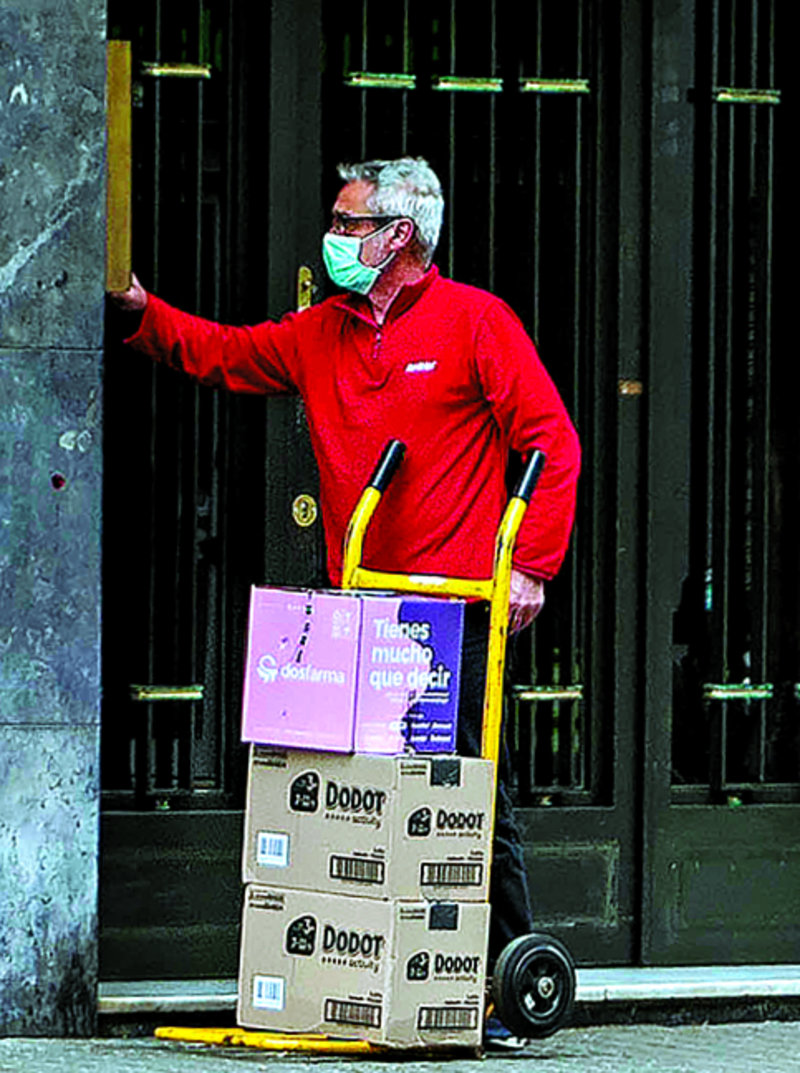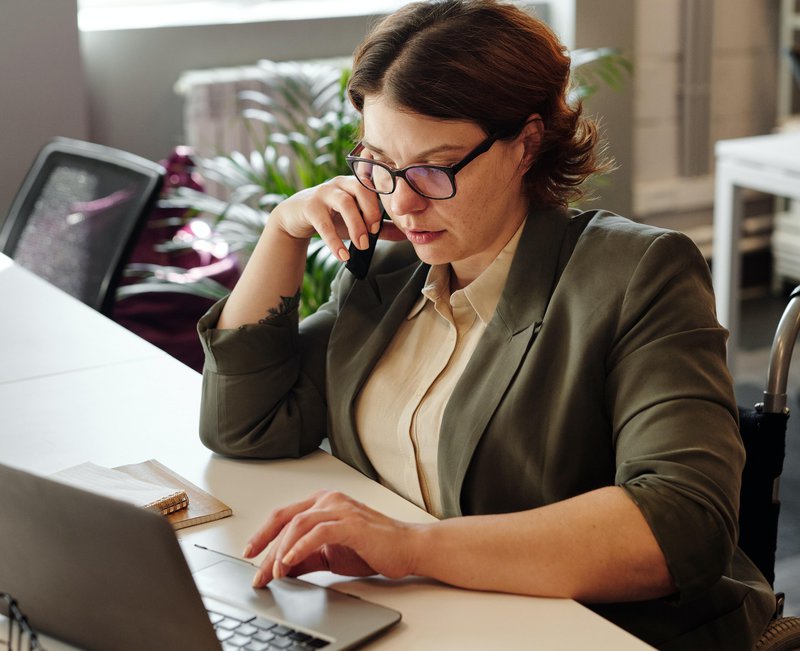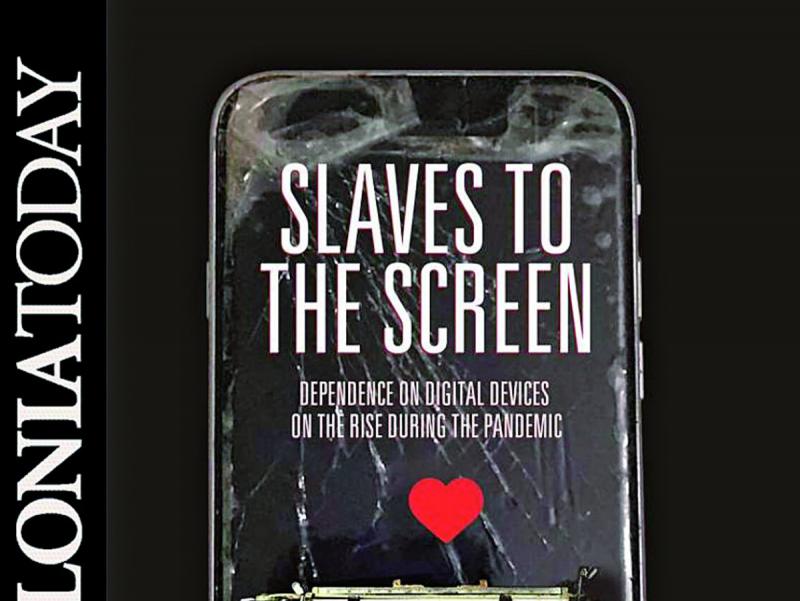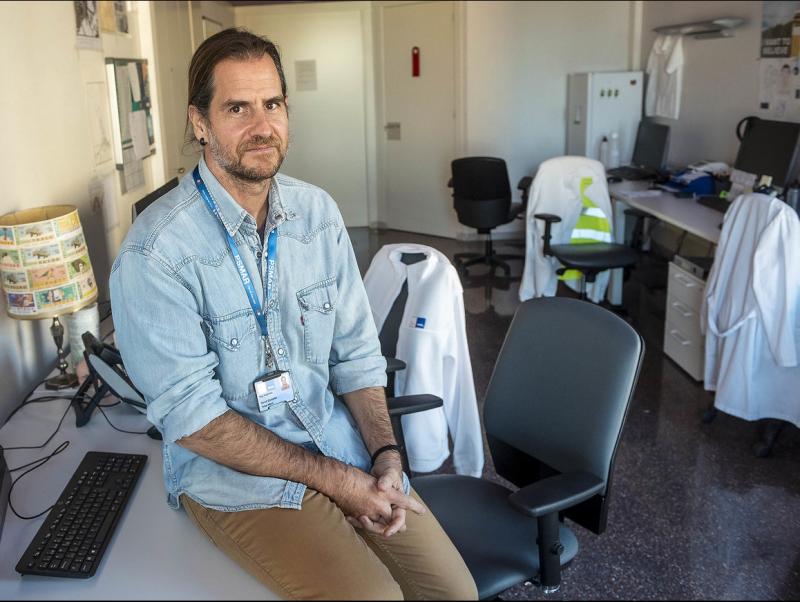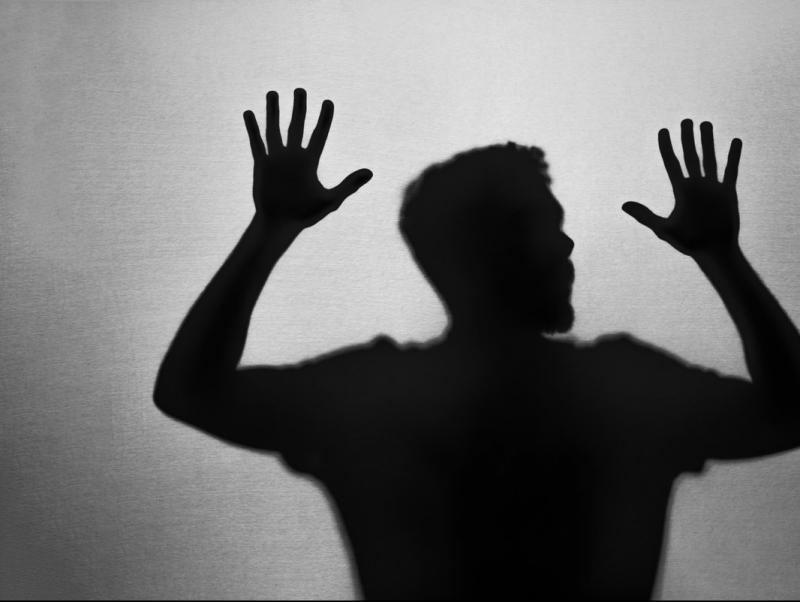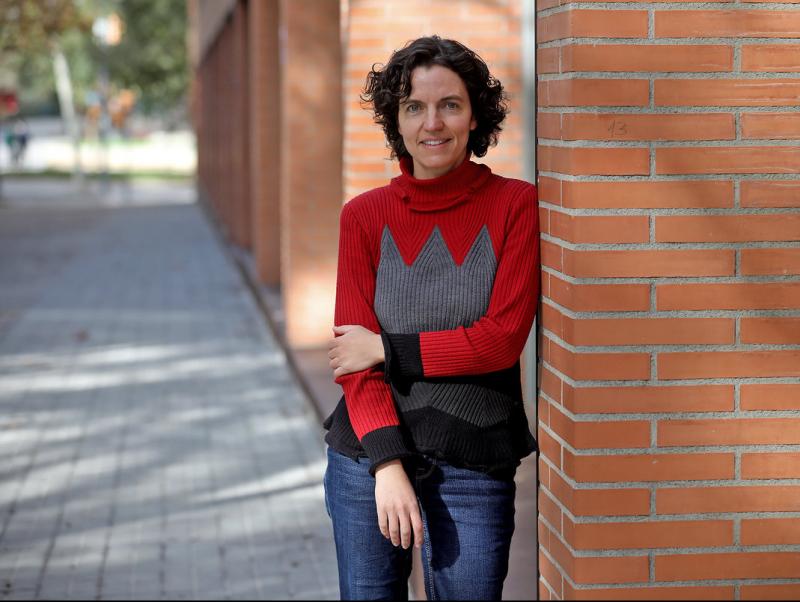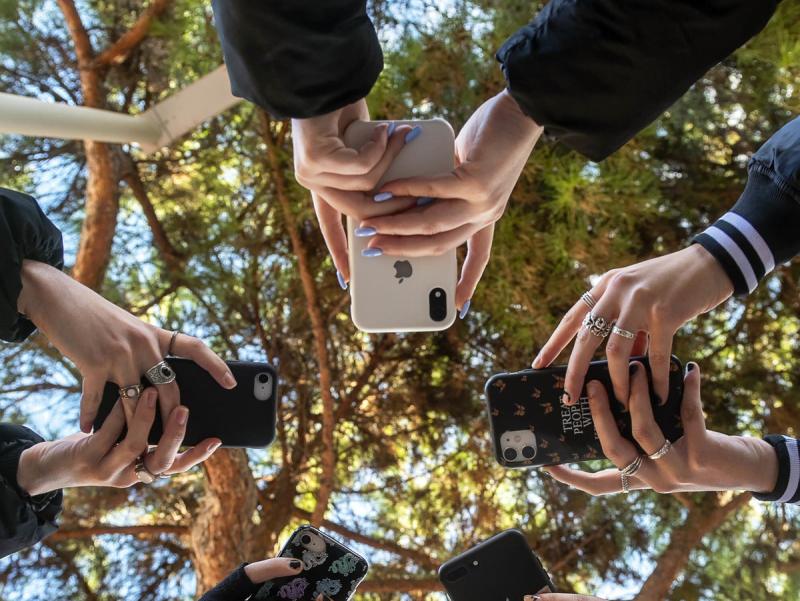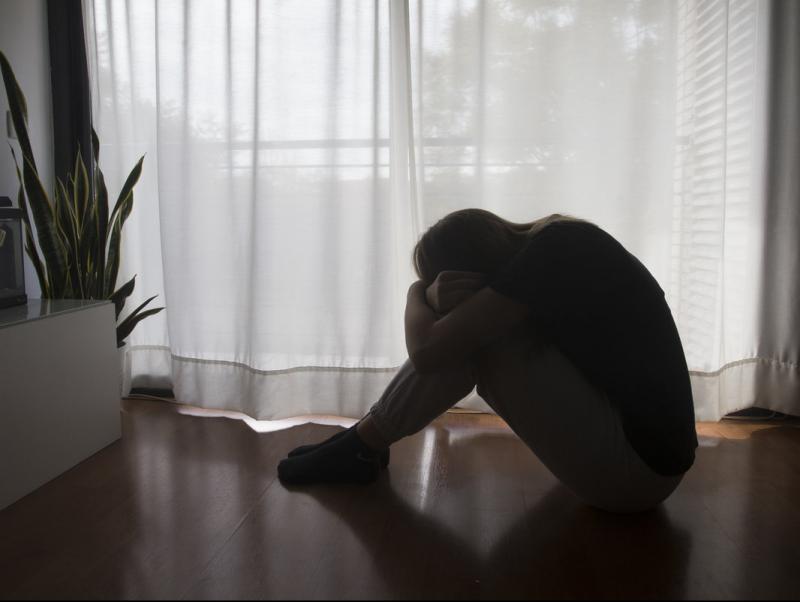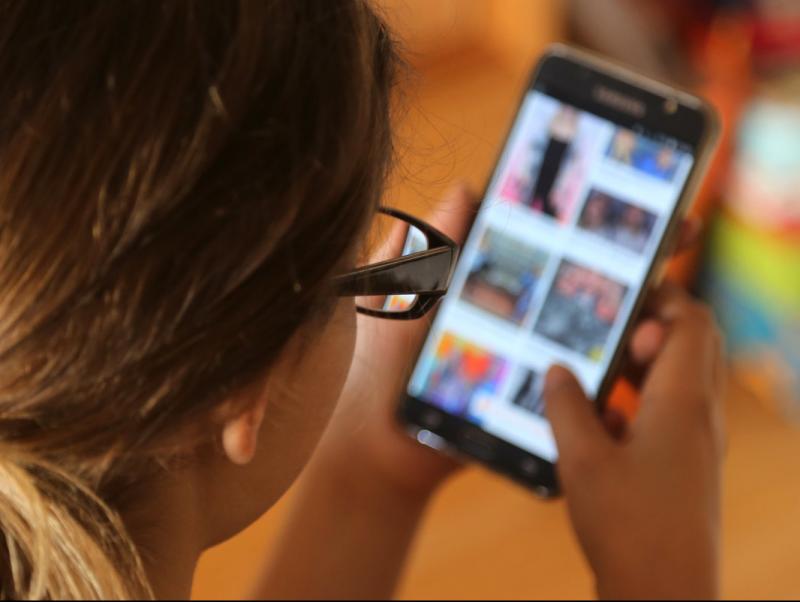Living online
With the continuing excuse of the pandemic, we can easily and comfortably stay at home most of the time. But how does that affect our mental health?
The pandemic has raised the issue of needing to go out to spend time with others. This is even more true in a place like Catalonia, with its strong culture of group celebrations and gatherings. However, except perhaps in private, we hear little about the growing reluctance of many to go out when they have the chance to socialise. The Christmas and New Year holidays showed us that a good number of people were happy to use the excuse of the health restrictions to avoid spending a few hours with colleagues or parents-in-law. Indeed, the fashion industry - of all things - has confirmed this newfound inclination to stay at home, as most major brands have brought out new lines of clothing to wear at home. In short, in the past year and a half, “Home sweet home” has become the new battle cry of thousands of people all over the country.
In a study published by the Open University of Catalonia in June, 80% of 4,000 workers surveyed said that if they had to look for a new job, they would prefer to have the option of working from home. Only a few years ago, the percentage of the workforce doing their jobs from home was negligible, while online training was nowhere near as common as it is now.
In forcing us to stay at home, the pandemic has opened up a huge range of possibilities for living our lives online. Teleworkers can spend days or weeks without showing up at the office, and yet they can still be in constant contact with their friends and never miss a yoga class without leaving the house. It’s never been easier to order the weekly shop or dinner online and have it brought to our front door, while online consumption in general has shot through the roof (just ask Amazon or Netflix).
Yet a fine line separates enjoying being at home and feeling like a prisoner in one’s own home. Social media provides plenty of examples of people who make us wonder where that line lies. By way of example,a 50-year-old man from Chile writes: “I retired five years ago, and I’ve barely left my house since. I spend most of my time inside; I just go out to water the garden and buy food.”
“I’m fine at home”
“As a result of the pandemic, we may have found a certain pleasure in being at home,” says Meritxell Bausili, a psychologist at the ITAE Psychology Centre. “But we have to be careful that there is no sense of anxiety behind it. We don’t want to be thinking: ’I’m fine at home because going to the supermarket makes me uncomfortable’,” she continues.“ Some people insist they are very comfortable working from home and doing everything online. But when you ask them when they go out, they say it’s to take out the rubbish or the dog,” she adds. It’s not about ’normal’ or ’abnormal’, says the psychologist, it’s about looking at what’s healthy and what’s not. And remembering everyone has their own way of doing things. Yet “staying locked up is not healthy. Doing so makes it increasingly comfortable, and suddenly you find you haven’t been out for six months, and then it’s becoming pathological.”
According to the experts consulted, the pandemic has exacerbated social phobia, agoraphobia and anxiety. “Without a doubt, people who already had a condition have got worse. In the case of those who did not have a pathology but who are prone to anxiety and worrying, Covid has acted as a catalyst for certain fears that they had learnt to live with and that had not prevented them from being functional. We were forced to stay at home because of a danger and this triggered an alert in the brain: ’There is danger outside’.”
Source of wellbeing
Enric Soler is a university lecturer and a psychologist specialised in interpersonal relationships. “One of the most important sources of emotional wellbeing for humans is social interaction, so when we’re with friends we feel satisfied.” We are living at a time when, like it or not, we need to make constant adjustments, he insists. Although things have been better in the past few months, we are looking at the possibility of a sixth wave of infections and the appearance of new variants, which indicates a time for change. “Humans can’t make adjustments overnight. It’s progressive. Adaptation also involves a kind of mourning. For example, when we had to adapt to being locked down, we mourned the loss of freedom,” says Soler.
However, resorting to an online life has proven to be a double-edged sword. While it can make us more effective, it can also be an excuse not to leave our lair. “In general, human beings have a strong aversion to loneliness. There are plenty of people who will stick with a relationship even if they see that it has no future, so as not to be alone. And then there are those who choose to be alone. If before this crisis you were a person who preferred your own company, then perfect. But for those who need to go out it is a different story,” adds the psychologist.
Meanwhile, the possibilities offered by technology and digital communication are neither good nor bad in themselves. “If we add the power of attraction that screens have to the fact that physical contact might be dangerous, even after you have been vaccinated, then we have the two ingredients for what is happening: staying at home for five days, and not even being aware that you haven’t been in touch with anyone.” This is not healthy, Soler warns, adding that while we can relate through technology, there is no substitute for physical contact: “When it allows you to streamline basic tasks like shopping or saving time for social relationships, then technology is a help.”
Fear of the unknown
Home is usually synonymous with shelter, but that can be taken to extremes. There are people who would like to go out but who have reached a point where they can no longer bring themselves to do it. Valencian psychologist Laura Fuster posted an article about agoraphobia on her Instagram profile this autumn. It has become her most read post. “We’re seeing a significant increase in cases of agoraphobia,” she confirms.
The most common definition is that agoraphobia is the fear of being out in the open. Yet perhaps a better definition is a fear of suffering an anxiety attack in a place where you’re alone without the help you need, or where you might be seen and feel ashamed. An agoraphobe is someone who knows what it is to suffer an attack of anxiety in an outdoor setting. “These people had no control over what was happening to them. Feelings of anxiety are powerful and extremely uncomfortable. Those who suffer from it may be afraid of these feelings,” she says. Hence, it makes people who have these fears want to stay at home, where they feel safe. Even the mere thought of exposing themselves to what frightens them causes them anxiety.
As with everything, there are different degrees. Some people are afraid to go to a busy shopping centre where they will find themselves in a crowd. And there are those who can’t even go next door to buy a loaf of bread. Anxiety can be good, say the expert, because it warns us of danger. The key is to distinguish whether the danger is real or not. “Anxiety leads us to avoid danger or to escape. If we do something we see as dangerous we try to make sure we have some security, a companion or a mobile phone. Yet the treatment requires us to do the opposite: to work to see that what we fear is very unlikely to happen. And that if it does happen, we have the tools to manage it. Part of the therapy is exposure, to stop trying to avoid the problem and to approach situations little by little, gradually,” she adds.
The problem is avoidance after having had an unpleasant experience. “The people we see have been avoiding these situations for a long time. If we understood the mechanics of anxiety, if we were taught it, we wouldn’t suffer half the problems we do. We’d see when we’re anxious and would understand what’s happening to us.” It is the same with the fear of social interaction, the fear of being rejected, of not knowing what to say, which the expert claims the pandemic has also made worse, and for which she gives the same recommendation: do not avoid it.
Dr Connie Capdevila is a clinical psychologist, psychotherapist and member of the governing board of the Official College of Psychology of Catalonia. She specialises in anxiety and phobias, and points out that humans have innate reactions to danger, whether tangible or imagined. We are prepared for danger, but also for joy. “Our nervous system is ready to detect both danger and safety. When we come into contact with loved ones, their voices, their facial expressions, it calms us down and makes us feel safe,” she says. For her, the pandemic “has challenged the nervous system, because it has made us avoid social contact, which is what gives us security.” And we have been hit by losses of all kinds for almost two years. “We’re experiencing a mental health crisis. The pandemic has increased our vulnerability to the symptoms of anxiety and mental disorder,” she adds.
The pandemic has also brought together the fear of going into public spaces due to the virus and agoraphobia. What’s more, agoraphobia, with the disproportionate fear that makes people avoid situations outside that they find threatening, can overlap with forms of obsessive compulsive disorder, such as the panic caused by a fear of germs. In short, the pandemic has sparked a cocktail of fears. “If your fears are out of control, then you have to go to a psychologist,” says the expert, but in almost all cases she recommends relaxation as a basic requirement.
And online activity? “It’s one thing sometimes staying at home to spend some time on-line, quite another is turning it into a lifestyle,” she warns.
feature
feature living online
Imprisoned at home
About 20 years ago, we were introduced to the concept of hikikomori from Japan: the syndrome of acute social withdrawal most often experienced by young people who voluntarily lock themselves up at home. According to psychologist Meritxell Bausili, “there is now a disproportionate demand from young people aged between 18 and 35. I’ve never seen this before. They exhibit discouragement, hopelessness about the future, anxiety, apathy. They spend all day at home, not wanting to do anything. They say it’s hard to enjoy what they used to enjoy. Some of them say they feel like they are losing their lives.”

